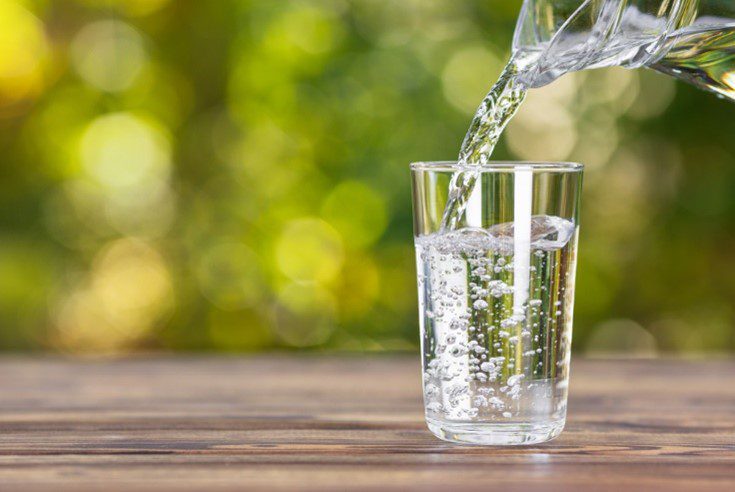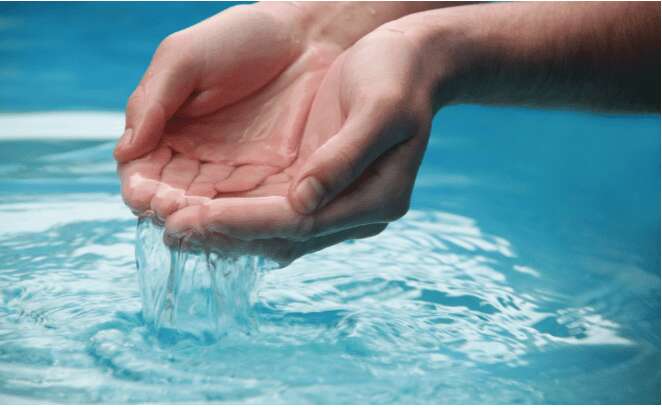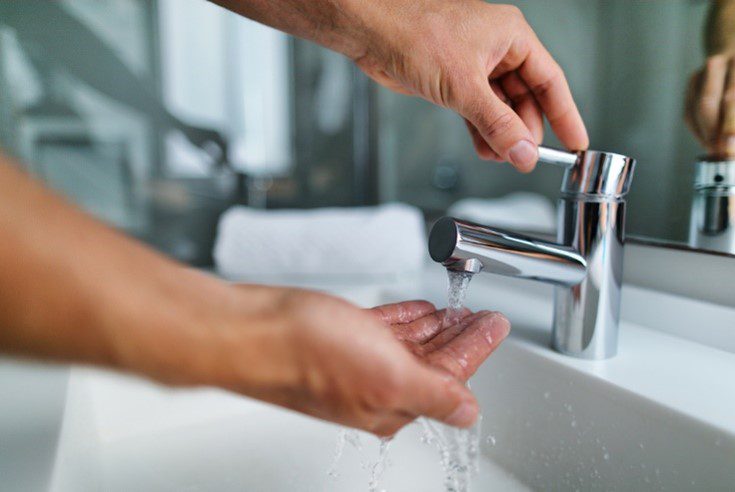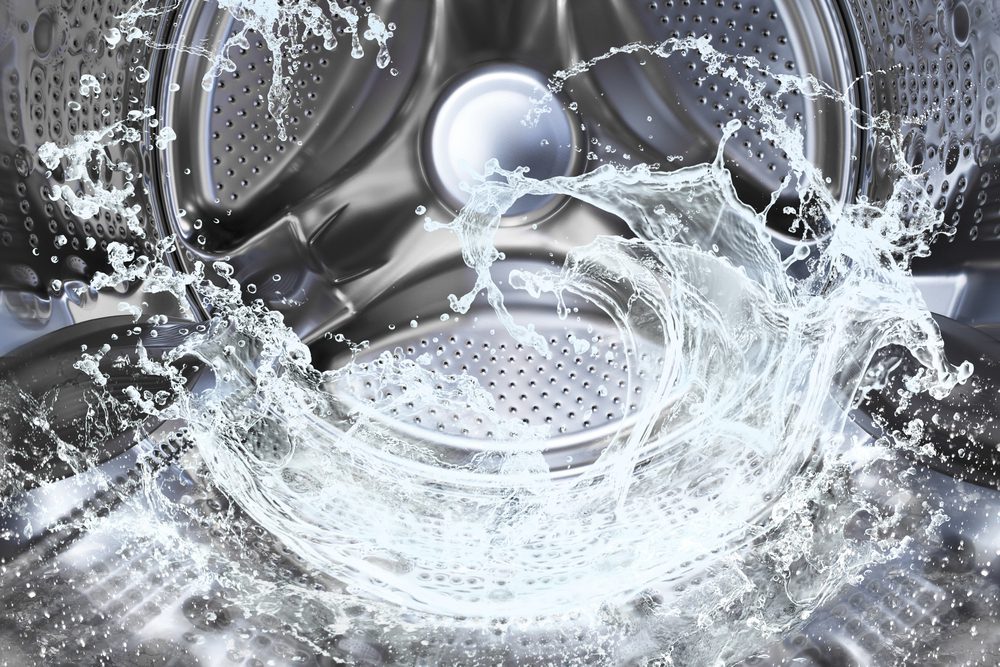Quality Drinking Water
Many believe that access to fresh drinking water is a fundamental human right, and most governments agree. This is why Orlando water treatment companies work hard to ensure every resident can access pure, filtered water.
Why Do I Need Water Filtration Services?
You might be wondering why anyone living in a city like Orlando would need water filtration services in the first place. After all, Florida is a pretty wet place and does get its fair share of rain throughout the year. Indeed, with all this water, there must be enough clean water for everyone.
Unfortunately, this could not be further from the truth. If you live in Orlando, FL, there are more than a few issues that may affect the safety and purity of your water supply, and those include include:
- High-sulfur concentrations in the water supply
- Elevated mineral levels in tap water (which is primarily hard water)
- Toxic algae bloom contamination
- Contaminants in aquifers
All these issues can impact the safety and even the taste of your water. Orlando, FL, water filtration companies do their best to combat these problems, but at the end of the day, much more work is necessary to create safe and reliable water sources.
What Happens If I Drink Unfiltered Water?
Water that has not been treated or gone through a filtration facility is known as “raw water.” However, some people believe there are health benefits to drinking unfiltered water, and in some instances, they are right.
Unfiltered water from natural sources can be rich in healthy minerals. However, unfiltered water in nature or the city can also breed bacteria and other dangerous microbes.
Drinking contaminated water can lead to gastroenteritis and other gastrointestinal illnesses. These microscopic hellions can cause diseases like dysentery, cholera, and polio.
In parts of the world where access to filtered water is limited, these pathogen-caused illnesses kill thousands yearly.
What Can I Do to Make Sure My Water Is Safe?
You don’t want to get seriously ill by drinking toxic algae, so what can you do to ensure your water supply is safe?
Luckily, the city officials of Orlando are aware of the water problems the city faces, and they have a treatment plant to make sure that most harmful substances get cleaned out of the tap water. But that still doesn’t make it entirely pure.
Homeowners need to take steps to access sufficiently filtered freshwater, such as a secondary water filtration system. These devices are necessary to remove the hard mineral build-ups and high sulfur concentrations.
Call Us
Smart Water Treatment provides Orlando, FL, water filtration services at an affordable price. Our message is simple: we want to ensure you drink safe, clean, and pure water. After all, your and your family’s health is what’s most important! Everything else comes second.






